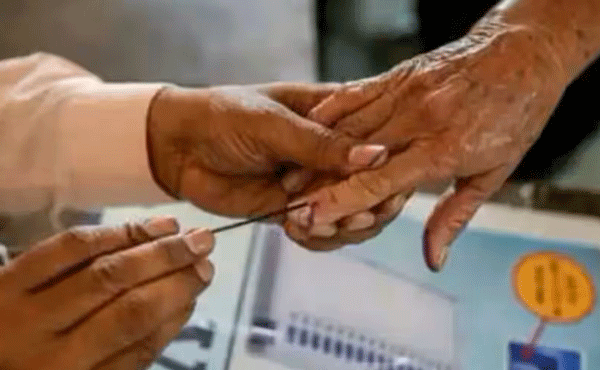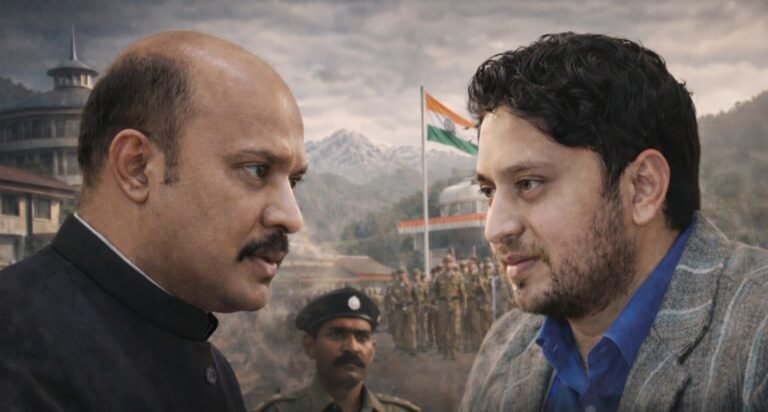
Photo used for indicative purpose only. Source internet
Shimla, Sept 23
The Himachal Pradesh High Court has ruled that an FIR cannot be dismissed solely based on claims of political rivalry, in a case accusing petitioners of distributing liquor to influence voters during Panchayat elections. The petitioners, Virender Singh and others, sought to quash the FIR, citing political vendetta as the motivation behind the complaint.
Justice Rakesh Kainthla, who presided over the case, rejected their argument, stating that political bias alone is insufficient to halt criminal proceedings when evidence supports the charges. The FIR includes accusations under Section 39(1)(a) of the Himachal Pradesh Excise Act and Section 171E, read with Section 34 of the Indian Penal Code.
The petitioners had argued that the liquor found in their vehicle was within permissible limits under the Excise Act. However, the court found this claim unconvincing, pointing to earlier rulings emphasizing that possession should be considered collectively rather than individually.
Justice Kainthla highlighted a previous Supreme Court decision in *Ramveer Upadhyay v. State of U.P.*, which upheld the principle that even if complaints are politically motivated, prosecutions may proceed if supported by evidence. In this case, six bottles of liquor were recovered from the petitioners’ vehicle, and the court rejected their argument that this quantity did not constitute an offence.
In a 21-page judgment, the court noted that the allegations in the FIR amount to cognizable offences and that it would be inappropriate to quash the FIR based on claims of political rivalry alone. Justice Kainthla suggested that the petitioners may file a discharge application before the trial court under Section 227 of the Code of Criminal Procedure (CrPC), given that the investigation had been completed and the charge sheet was ready to be filed.
The court cited the *State of Maharashtra v. Salman Salim Khan* case to underline that the sufficiency of evidence should be examined at trial, not during proceedings to quash an FIR.
Ultimately, the High Court refused to quash the FIR, emphasizing that the trial court is the appropriate forum to evaluate the evidence and determine the veracity of the allegations. The petition was dismissed, with the court clarifying that the observations made in the judgment would not affect the merits of the case during trial.

The HimachalScape Bureau comprises seasoned journalists from Himachal Pradesh with over 25 years of experience in leading media conglomerates such as The Times of India and United News of India. Known for their in-depth regional insights, the team brings credible, research-driven, and balanced reportage on Himachal’s socio-political and developmental landscape.








